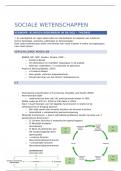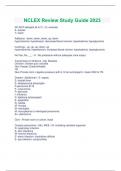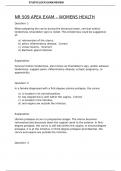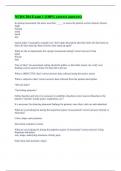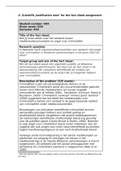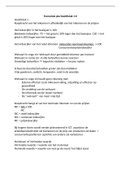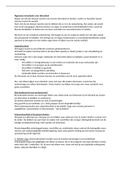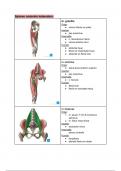Summary
Samenvatting Sociale wetenschappen 4 Tom Verwimp
- Course
- Institution
Hey! Dit is een samenvatting van Tom Verwimp, docent voor het vak Sociale wetenschappen 4. Notities en extra zaken die werden toegelicht staan hierin. Ook staan belangrijke zaken voor het examen heel goed aangeduid in deze samenvatting! Veel succes!
[Show more]
